Cooperation between Japan, the US, and the ROK should extend beyond North Korea to encompass other regional issues
(This is a condensed version of the corresponding Japanese article.)
The second open session of the Asia Peace Conference was held in the afternoon of September 3, the first day of the conference. It was attended by twelve security and foreign policy experts from Japan, the United States, and the Republic of Korea, who gathered to discuss how the three countries can cooperate on the Korean Peninsula and in Northeast Asia as a whole. The session was moderated by Admiral (ret.) Yoji Koda, former Commander in Chief of Japan's Self Defense Fleet.
Each of the participants was asked to comment on a wide array of topics over the two-hour discussion, topics that ranged from the effort to denuclearize North Korea, to concerns about the upcoming US election, growing public acceptance for nuclear weapons in the Republic of Korea, and areas in which Japan, the US, and the ROK can cooperate and potential challenges such efforts could face. The session was opened with keynote addresses by one representative from each country.
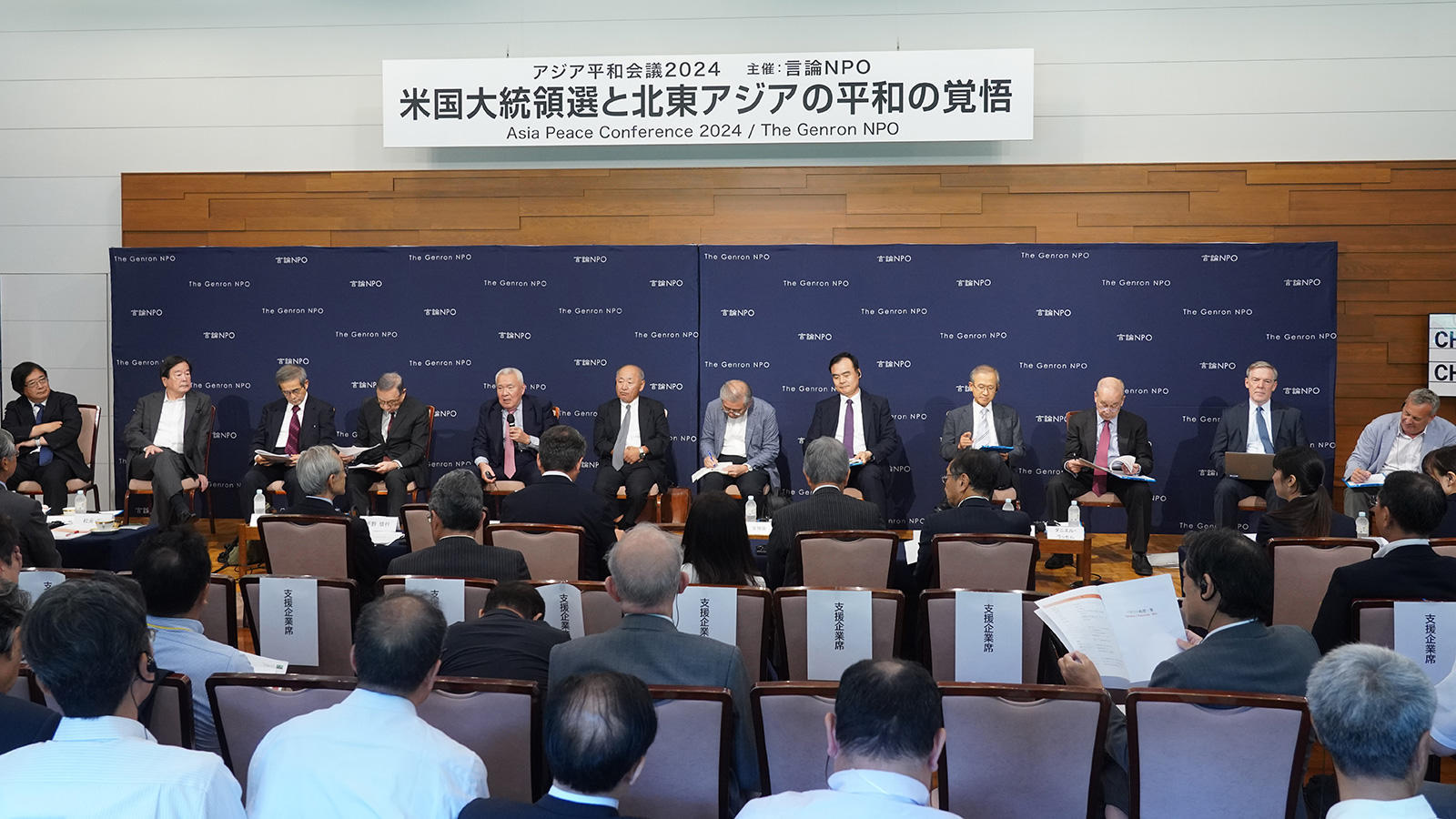
Increasing trilateral cooperation in handling other regional issues
Christopher Johnston is Senior Advisor and Japan Chair at the Center for Strategic and International Studies, and he spoke about the growing threat from North Korea as it increases its military capabilities. He noted that the country is also supporting Russia in its invasion of Ukraine by providing somewhere between 2.5 and 3 million artillery shells, while Russia is providing North Korea with nuclear weapon technologies in return.
Johnston believes it is important to increase and sustain cooperation between Japan, the US, and the ROK, and to show North Korea that its current path is not one that will keep it safe. He suggested that military operational coordination could be improved by establishing a trilateral contingency plan and operations center, and by promoting lateral communication through the exchange of liaison officers. He also suggested that the three countries could work on trust-building through regular dialogues on extended deterrence.
Finally, Johnston called on the leaders of the three countries to expand their focus beyond North Korea to address other issues in the region.
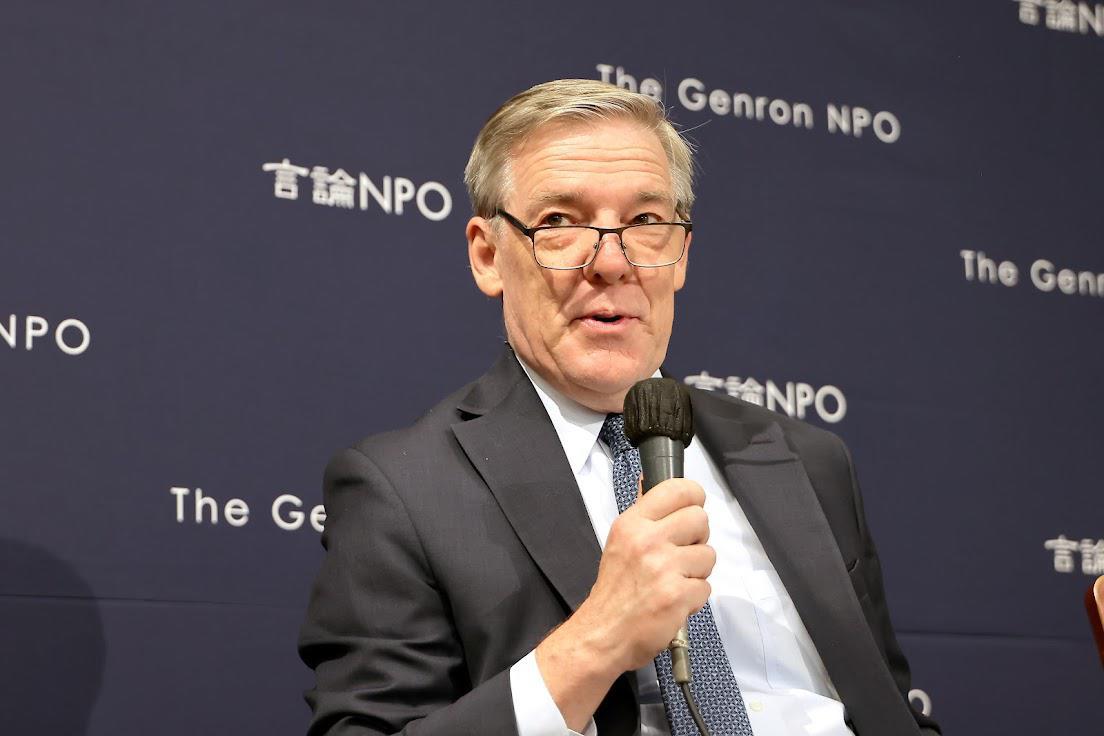
Improving the trilateral relationship requires strengthening its weakest link: the ROK and Japan
Next to speak was Hyoung-zhin Kim, former Second Deputy Director of the National Security Office of the Republic of Korea. Kim pointed out that while Russia and North Korea may be strengthening their strategic ties, North Korea is becoming estranged from China. He also believes that for the ROK, Japan, and the US to strengthen their cooperative efforts, it will be necessary to strengthen the weakest link in that chain in an irreversible way - the relationship between the ROK and Japan.
Considering the current situation with North Korea, China, and Russia, Kim stated that the ROK, Japan, and the US need to build a comprehensive strategy that looks beyond the war in Ukraine and the strategic competition between the US and China. In addition, he added that North Korea's weakness lies in the fact that although it is able to build nuclear weapons, it cannot build advanced computers. North Korea may end up having its own "Ceausescu moment," and the three countries need to be prepared for that eventuality.
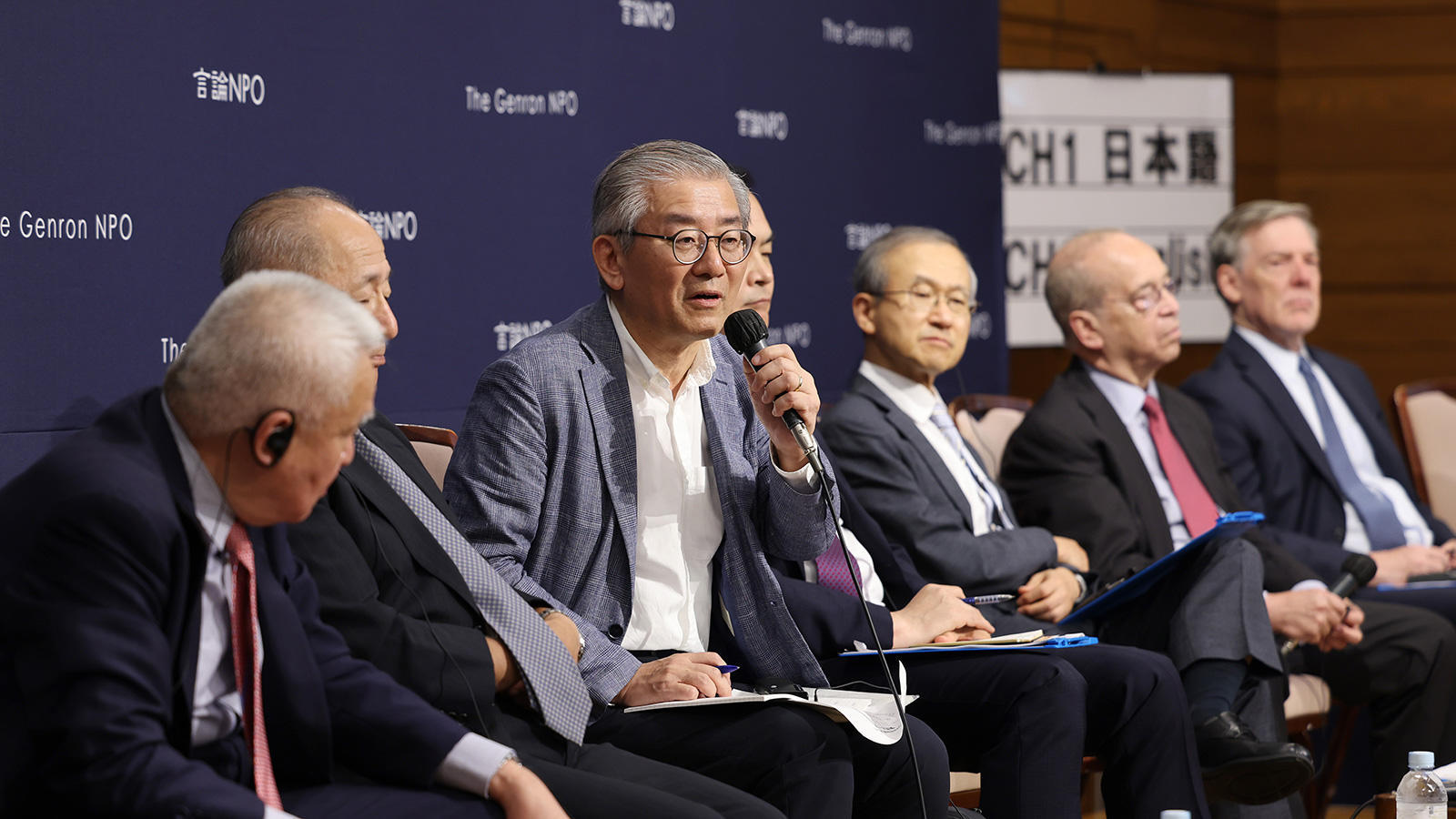
Supporting Asia's most powerful deterrent requires government-level decisions about direction
Former Japanese Vice-Minister of Defense Masanori Nishi spoke next, and he started off by saying that he does not believe that the denuclearization of North Korea will happen any time in the immediate future. However, he also noted that the country cannot conduct nuclear weapon tests right now, even if it is able to repeatedly conduct missile tests.
"The outbreak of war in Ukraine has increased tensions regarding the use of nuclear weapons, so opposition from the international community would be greater than ever. Nuclear weapons as a policy option will become a dead end," Nishi said.
He added that is little coordination between Japan and the ROK on policy or operational support of their mutual ally, and discussion with the US on this point is essential.
"In order to support the operations of Asia's most powerful deterrent (the US), the governments of the three countries need to make a decision about direction," he said, before emphasizing the importance of "knowing how to pilot the military security apparatus."
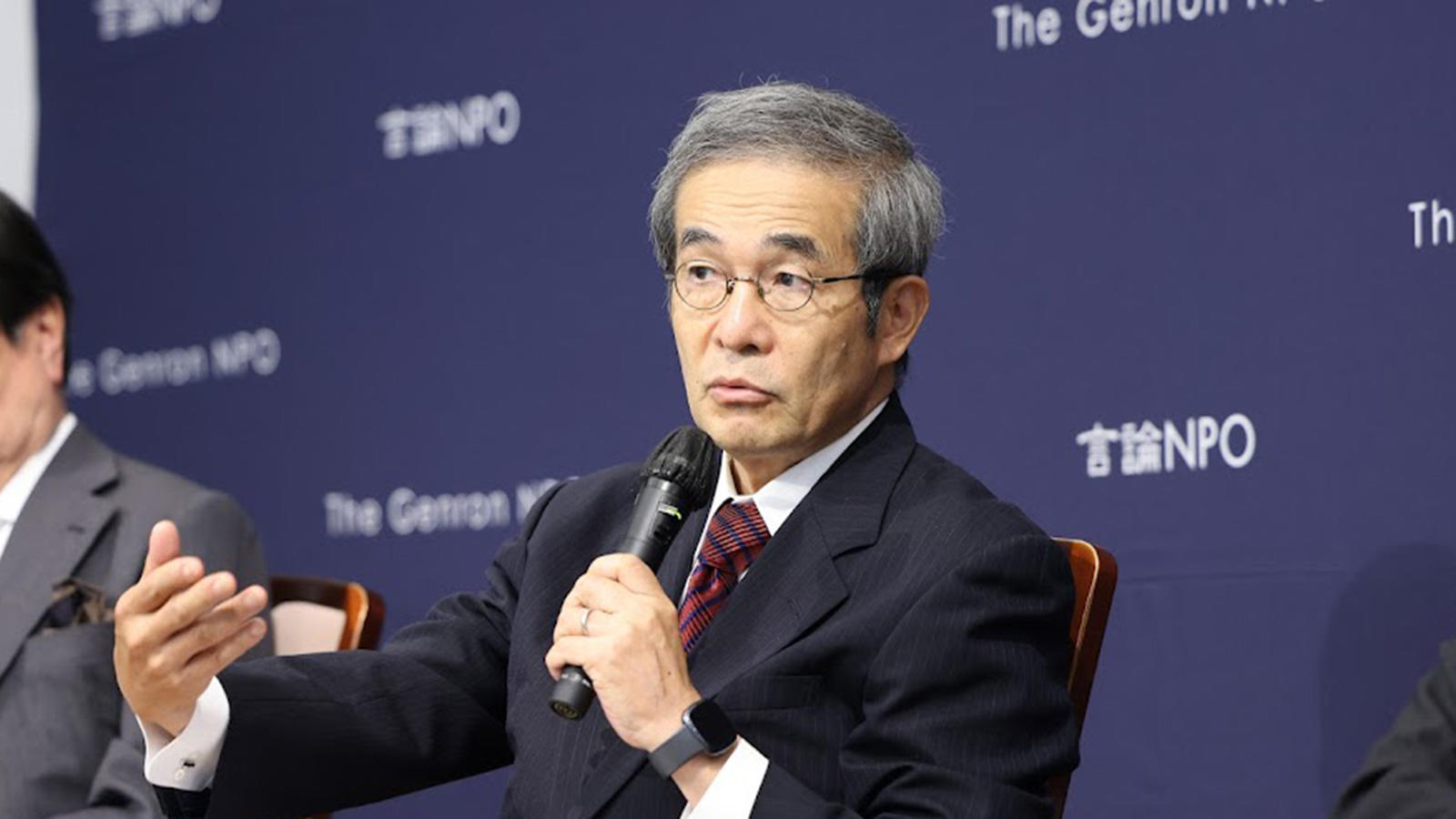
Need to discuss trilateral goals for issues beyond the Korean Peninsula
After the three keynotes had been delivered, the other panelists were invited to comment on the points raised.
Brad Glosserman is Senior Adviser at the Pacific Forum CSIS and visiting professor and deputy director at the Tama University Center for Rule Making Strategies. Glosserman asked how the relationship between the US, the ROK, and Japan will be managed considering the ROK's expressed desire to play a larger role on the international stage with "Global Korea" initiative. He also wondered what sort of commitment the ROK government is willing to make in Northeast Asia, and if Japan might not be able to lend a hand.
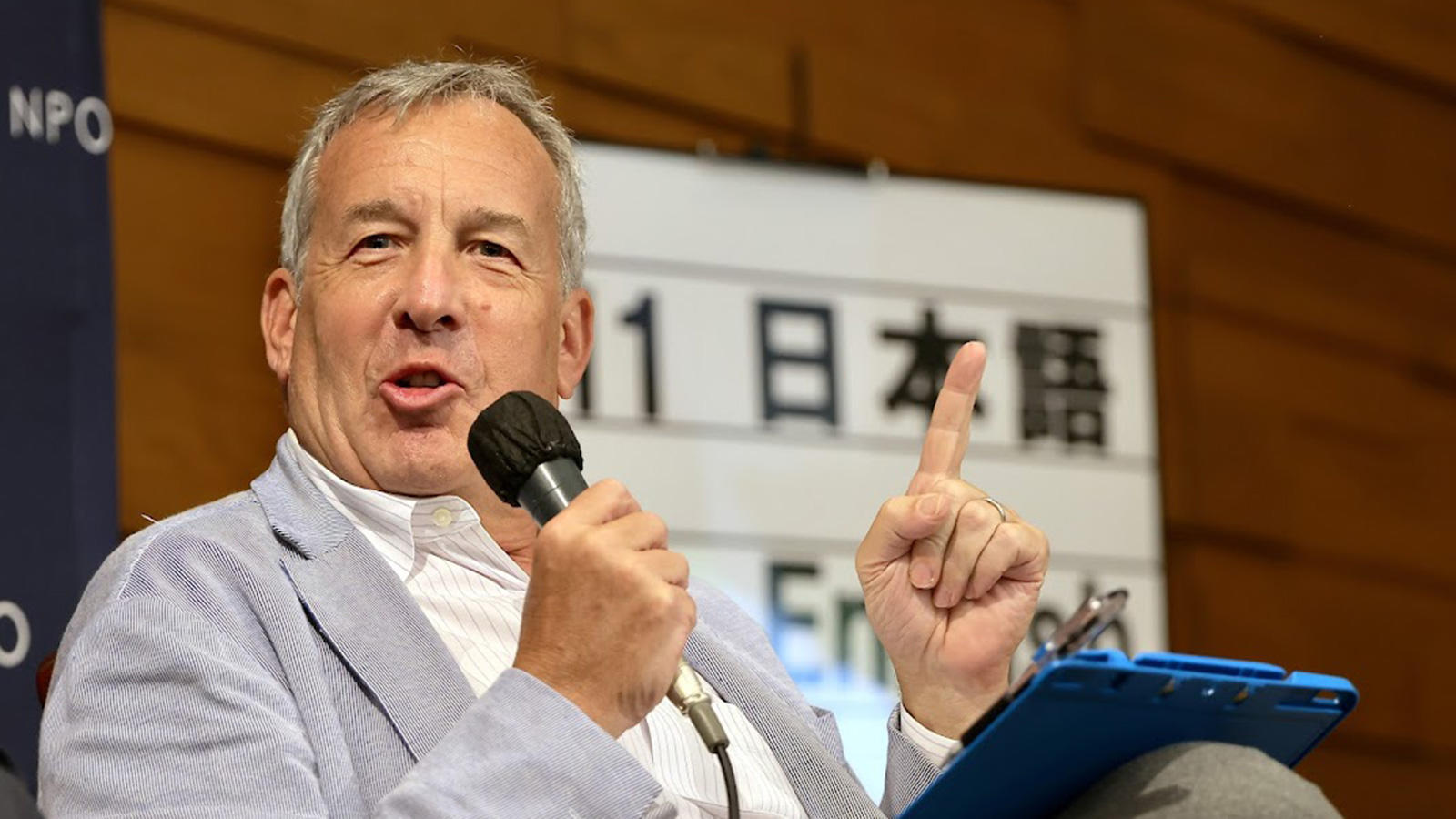
Former ROK First Vice Foreign Minister Sungnam Lim stated that in both trilateral and bilateral efforts, he believes that the three countries need to cooperate on issues that extend beyond the Korean Peninsula, and that the "dotted-line" relationship between Seoul and Tokyo needs to be strengthened into a "solid-line." He lamented the fact that official documents released by the three governments only address the situation on the Korean Peninsula, showing that this is where their focus has been directed until now.
Concrete measures needed to achieve common goal of denuclearizing North Korea
Hitoshi Tanaka is a Special Advisor to the Institute for International Strategy at the Japan Research Institute and former Deputy Minister for Foreign Affairs, and he suggested that next year's 60th anniversary of the normalization of relations between Japan and the ROK be used to accomplish something more.
"We could create something even more extensive than the 1998 declaration signed by Prime Minister Obuchi and President Kim. It could be a treaty-like agreement between Japan and the Republic of Korea that recognizes the special status of their relationship," Tanaka proposed.
However, he also criticized current efforts, saying, "Nobody is talking about concrete diplomatic efforts to achieve denuclearization, and it will be impossible without a reliable framework. But how much have the US and South Korean governments changed their approach to North Korea? The same holds true for the Japanese government."
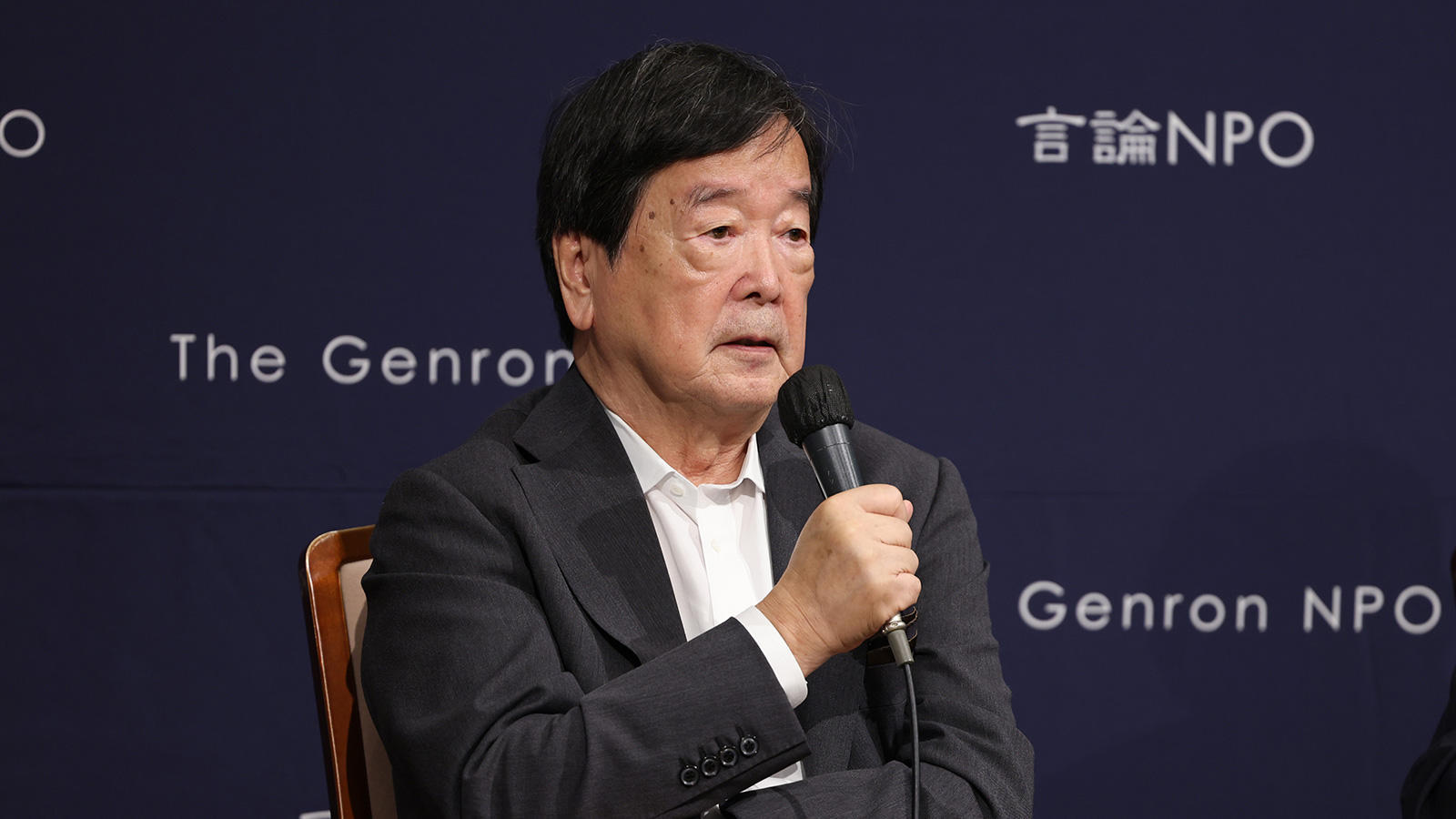
Former Japanese Ambassador to China and current Director of the Miyamoto Institute of Asian Research Yuji Miyamoto responded by expressing his agreement with other speakers about a need to broaden the nature of trilateral cooperation between Japan, the US, and the ROK.
"Cooperation should address global issues, not only issues limited to the region," he said. "And we also have great economic responsibilities as well."
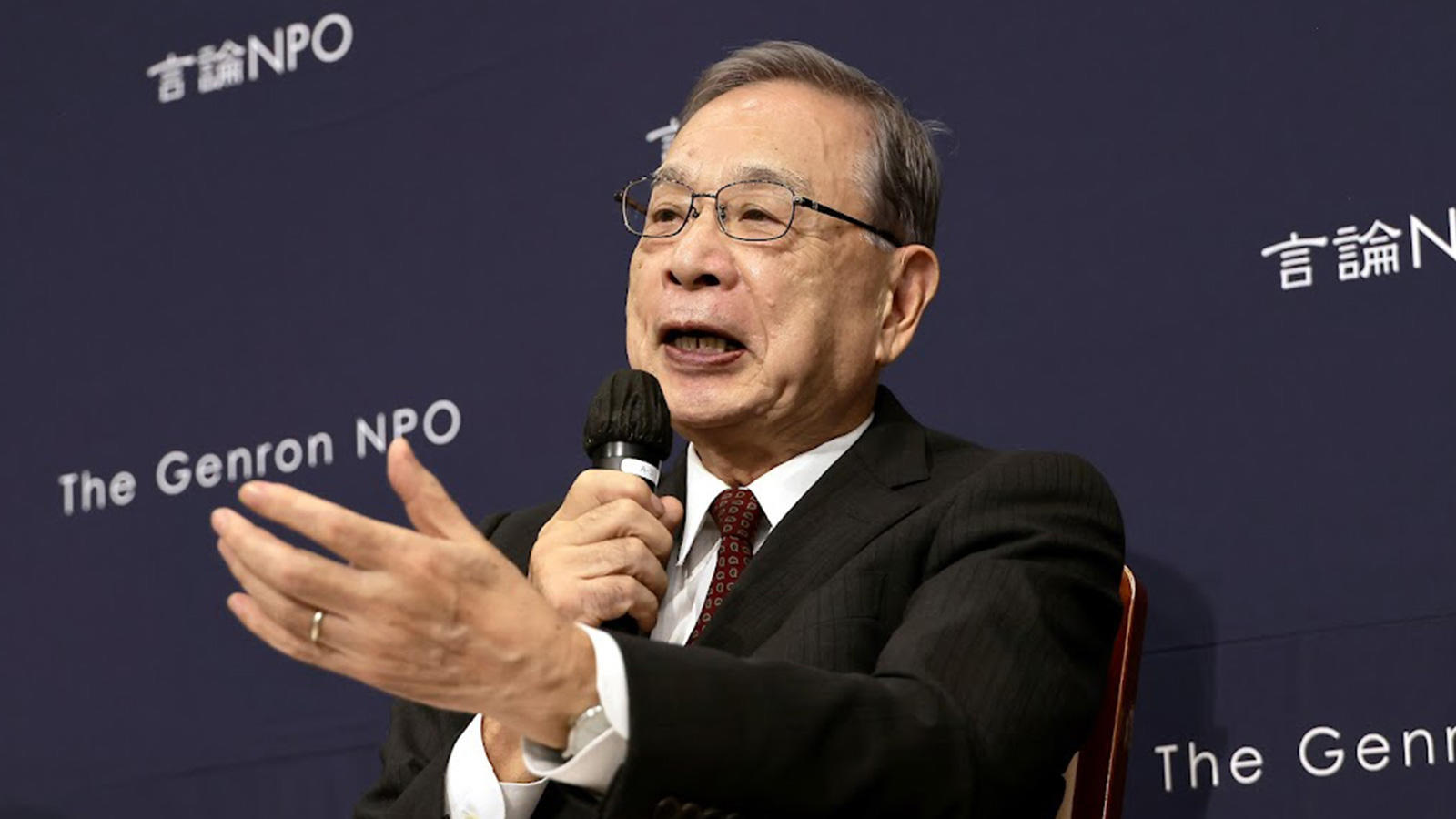
Hyoung-zhin Kim emphasized the importance of aiming for complete denuclearization, referring again to the "Ceausescu moment" once spoken of by former US Secretary of State Condoleezza Rice. He explained that all dictators can be toppled when the people turn their back on them, regardless of the power the dictator holds.
Increasing trilateral cooperation, shared understanding, and common interests
After two hours of discussion, Koda welcomed the consensus that the "bar should be set high" when it comes to trilateral cooperation. A number of questions from the audience were fielded, including one on whether joint Japan-US military actions resulting from a closer relationship with the US could remain consistent with Article 9 of the Japanese Constitution (which renounces war as a means of settling international disputes.)
Koda responded that such issues could be handled within the framework of the current legal system, and brought the open session to a close.
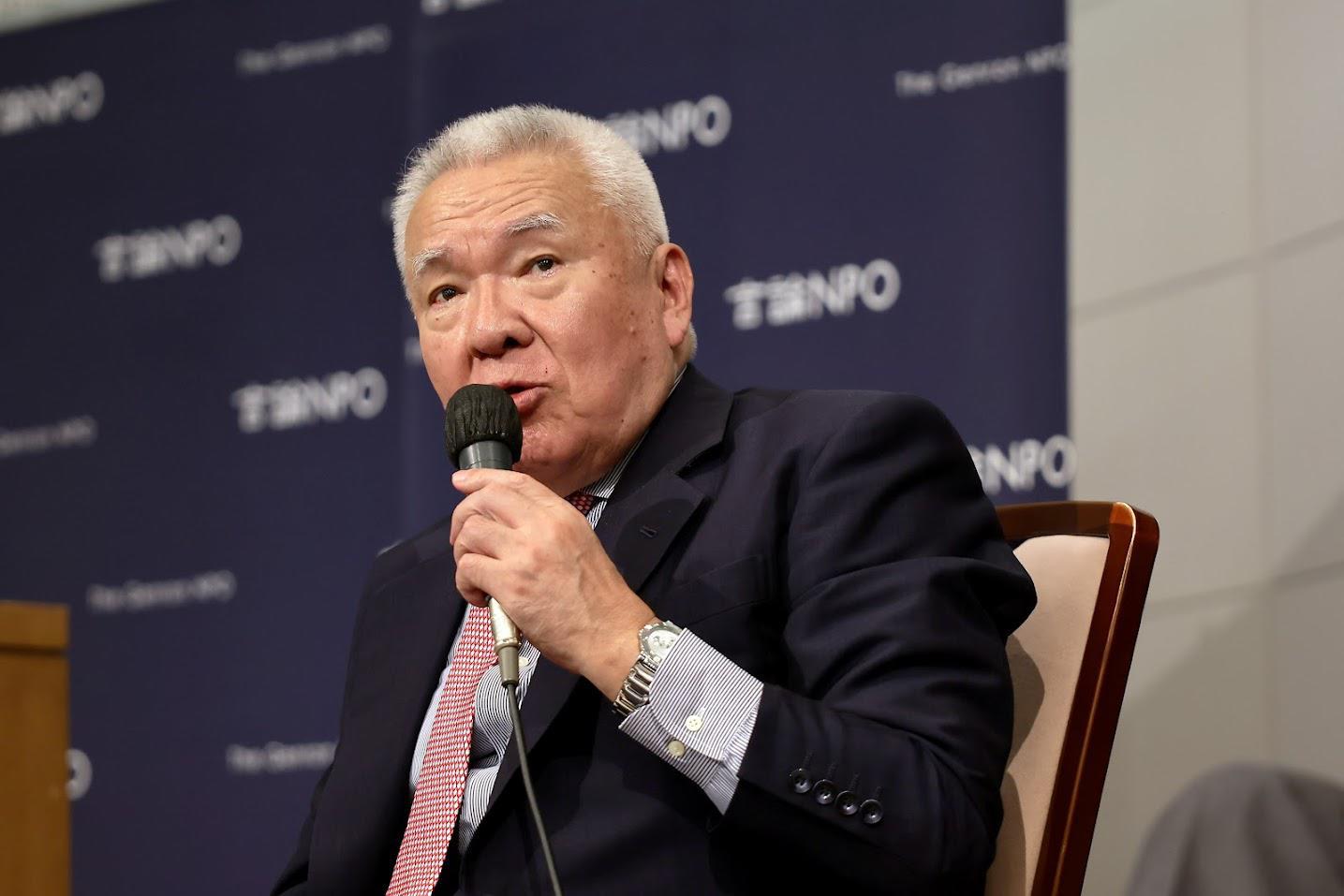
A working dinner was held after the dialogue, and participants discussed the content of a potential Joint Statement to be made upon the conclusion of the Asia Peace Conference.
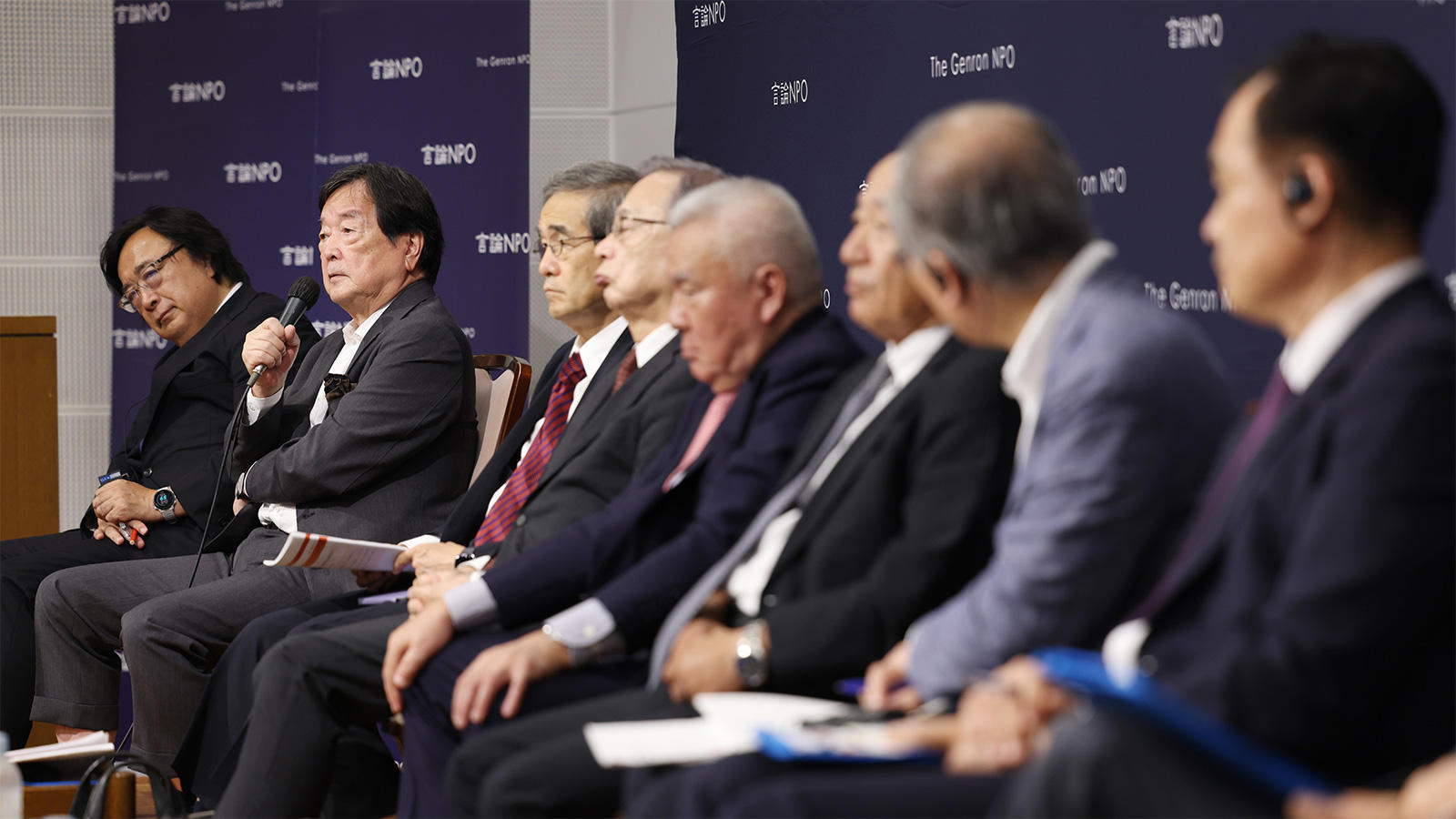
Post a comment